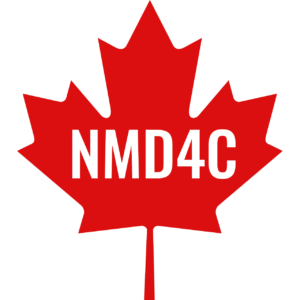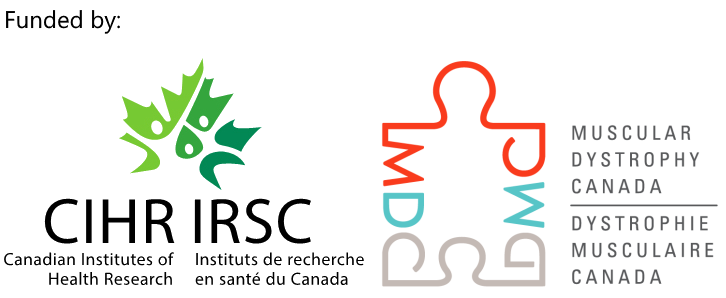Bernard Brais

Investigator
Professor, Neurology and Human Genetics, McGill University
Neurologist and Director of the Rare Neurological Diseases Group, Montreal Neurological Institute and Hospital
NMD4C Involvement: Pillar 1: Preclinical Science, Pillar 2: Clinical Research, Theme 5: Open Science
Email BernardBiography
Bernard Brais, MDCM, MPhil, PhD, FRCP(C) is Full Professor of Neurology and Human Genetics at McGill University in Montreal. He is a trained neuromuscular neurologist, PhD in laboratory human genetics and historian of medicine. He is the director of the Montreal Neurological Institute’s Rare Neurological Diseases Group since 2011, and he is the director of McGill’s Adult Neurogenetics Fellowship.
His specialized practice is centered on the diagnosis and rehabilitation of rare often undiagnosed neurogenetic diseases, in particular: myopathies, ataxias, sensory neuropathies and leukoencephalopathies. Dr. Brais’ laboratory for the past 20 years has largely focussed on identifying new genes and mutations that cause hereditary diseases that are more prevalent in the French Canadian population of Quebec due to founder effects. He played a key role in the first identification of the genes responsible for: Oculopharyngeal Muscular Dystrophy (PABPN1, 1998), Hereditary sensory and autonomic neuropathy type II (HSN2/WINK1, 2004), Limb Girdle Muscular dystrophy LGMD2L-anoctamin 5 (ANO5, 2010), Posterior column ataxia and retinitis pigmentosa (FLVCR1, 2010), 0PolR3-related leukodystrophy (POLR3A and POLR3B, 2011), and congenital myopathy with fibre type disproportion (ZAK, 2017). Since 2007, he has been an international leader on collaborative research on Autosomal Recessive Spastic Ataxia of Charlevoix-Saguenay (ARSACS).
Recent Publications
Pellerin, D, Méreaux, JL, Boluda, S, Danzi, MC, Dicaire, MJ, Davoine, CS et al.. Somatic instability of the FGF14 -SCA27B GAA•TTC repeat reveals a marked expansion bias in the cerebellum. medRxiv. 2024. PMID:39006414
Pellerin, D, Seemann, J, Traschütz, A, Brais, B, Ilg, W, Synofzik, M et al.. Reduced Age-Dependent Penetrance of a Large FGF14 GAA Repeat Expansion in a 74-Year-Old Woman from a German Family with SCA27B. Mov Disord. 2024. PMID:38949032
Pellerin, D, Del Gobbo, GF, Couse, M, Dolzhenko, E, Nageshwaran, SK, Cheung, WA et al.. A common flanking variant is associated with enhanced stability of the FGF14-SCA27B repeat locus. Nat Genet. 2024.56 (7)1366-1370 PMID:38937606
Satolli, S, Rossi, S, Vegezzi, E, Pellerin, D, Manca, ML, Barghigiani, M et al.. Spinocerebellar ataxia 27B: a frequent and slowly progressive autosomal-dominant cerebellar ataxia-experience from an Italian cohort. J Neurol. 2024. PMID:38886208
Scaravilli, A, Gabusi, I, Mari, G, Battocchio, M, Bosticardo, S, Schiavi, S et al.. An MRI evaluation of white matter involvement in paradigmatic forms of spastic ataxia: results from the multi-center PROSPAX study. J Neurol. 2024. PMID:38880819
See more on PubMed
